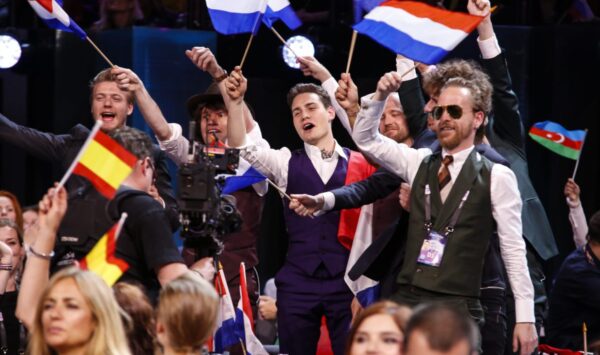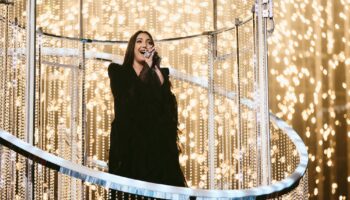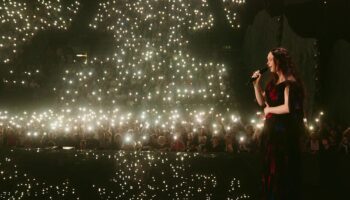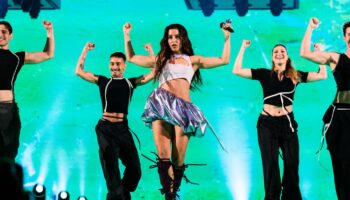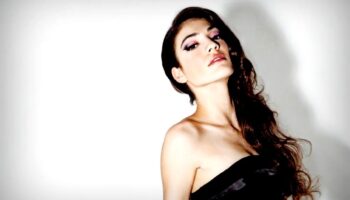Dutch broadcaster AVROTROS released an overview of the costs involved with the participation in the 2016 Eurovision Song Contest.
This year, artist Douwe Bob was internally chosen by Dutch broadcaster AVROTROS to represent the Netherlands at the 2016 Eurovision Song Contest in Stockholm, Sweden. Eventually, the singer placed 5th in semi-final 1, and a decent 11th place in the Grand Final with his song Slow down. But of course, organizing a participation costs money. What did the Netherlands, as a relatively small North Sea-country, spend in total on this years’ participation?
The AVROTROS and the NPO (the overall Dutch public broadcasting union) spent 500.000 euro’s in total on the Dutch participation in the Eurovision Song Contest 2016. One half, 250.000 euro’s, is the annual fee provided to the European Broadcasting Union (EBU), covering participation rights. This amount is paid by the NPO. The other half, also 250.000 euro’s, is paid by the AVROTROS, and comes form their own resources, such as membership contributions.
The amount of money was spent on various aspects of participation, as AVROTROS spokesman Eric Dekker explains:
Artist and delegation residence; hair, makeup and clothing; composing the song; the stage performance for which the Flemish director Hans Pannecoucke was flown in; promotional items such as scarves and flags with #teamdouwe printed on them. Other costs: the design of the clock that was featured during the performance on stage and the surrender of rights, so that the song could be used by the EBU on television and online.
What is striking, is that the Netherlands has spent a higher amount of money on the Eurovision Song Contest in recent years: in 2012, the TROS (what is now the AVROTROS) spent 350.000 euro’s on the contest, 250.000 euro’s being the annual costs covered by the overall NPO, and 100.000 euro’s covered by the TROS.
Worth it
However, the higher costs are not surprising: since 2013, the AVROTROS opted for a new course in their approach to Eurovision. National stars were chosen internally to represent the Netherlands, with more freedom in the choice of song and stage presentation. The new approach was worth it, as Eric Dekker says; Hence the success in recent years.
Failing to qualify for the Grand Final in eight years from 2004, since 2013 the Netherlands has made a respectable comeback with placings on the left side of the scoreboard: 9th (Anouk) in 2013, 2nd (The Common Linnets, featuring national stars Ilse DeLange and Waylon) in 2014 and 11th (Douwe Bob) in 2016. These scores are a direct result of a greater financial input, the choice for professional artists, and better preparation for the contest.
The money is also spent on efficiency and promotion. Douwe Bob opened his own bar in Stockholm and was surrounded by a professional entourage to support him. The artist also had various personal social media. Moreover, the stage performance was perfected. Eric Dekker explains:
We wanted to use the stage time as efficiently as possible. We did not want unclarity about the stage performance or discussions about clothing, before the semi final.
For the AVROTROS, the increase in costs is well spent. 500.000 euro’s may seem a lot, but in comparison to other programmes on the Dutch public broadcasting network, the costs are relatively similar. Moreover, there are countries that have a much larger budget to spend on the Eurovision Song Contest. The Netherlands is making an efficient use of the available budget, reflecting the AVROTROS’ new approach to the contest.
Enjoy Douwe Bob performing Slow down during the Grand Final of the Eurovision Song Contest 2016:
